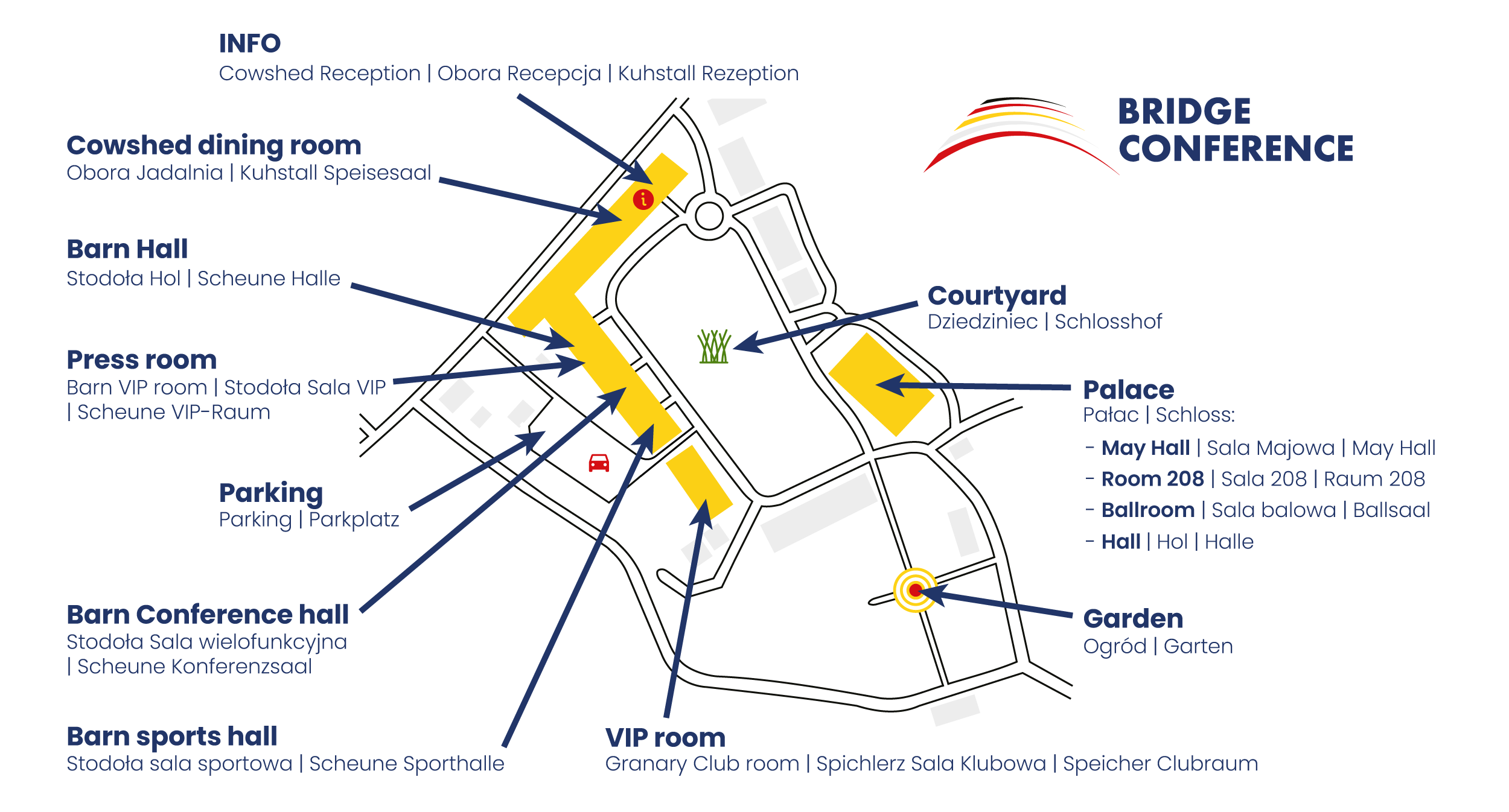13:00 – 14:00
Registrierung der Teilnehmer
Kuhstall Rezeption
14:00 – 15:00
Mittagessen
Kuhstall Speisesaal
15:00 – 17:00
Eröffnungszeremonie und Plenarvortrag
Scheune Konferenzsaal
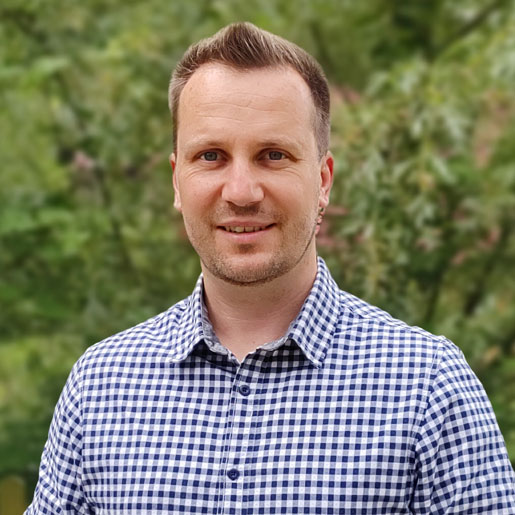
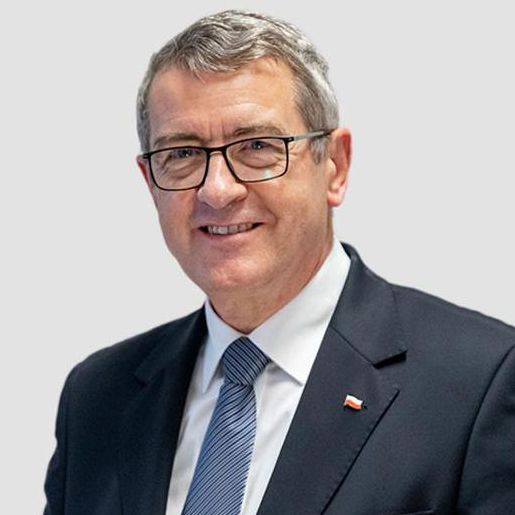


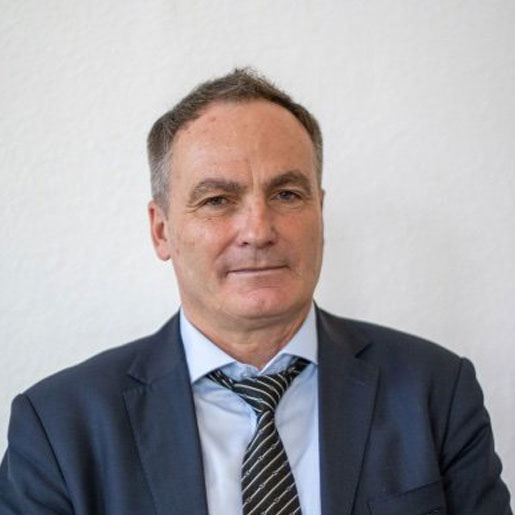
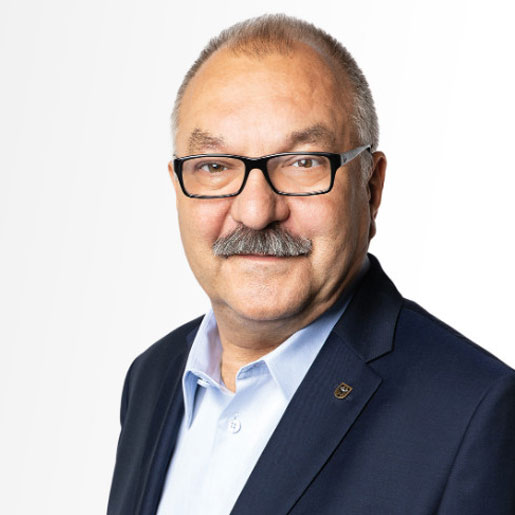
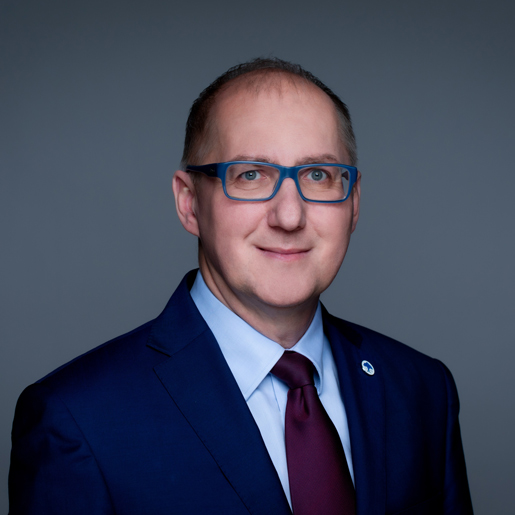
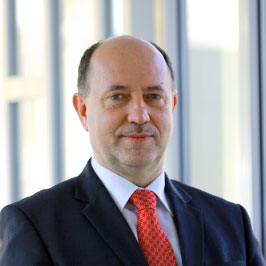
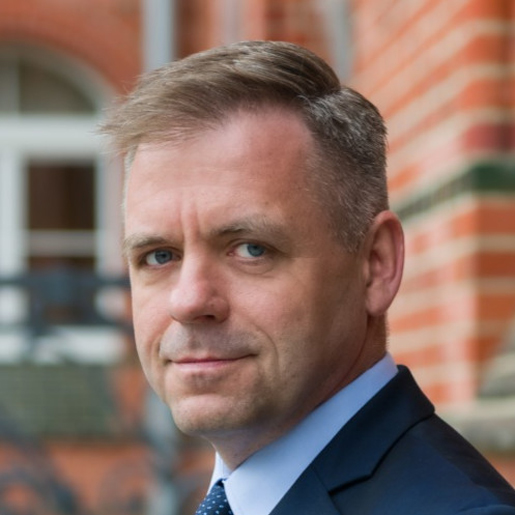
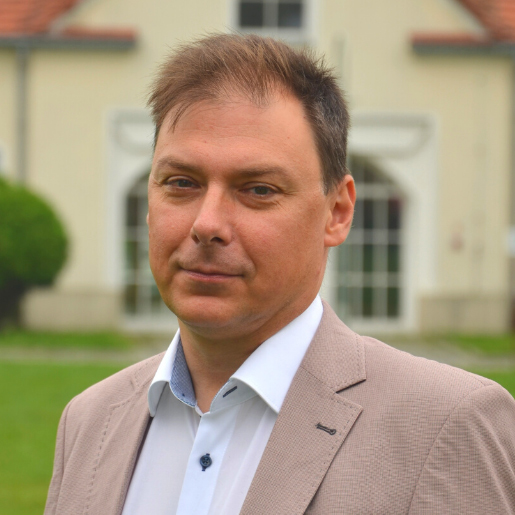

Fraunhofer Gesellschaft: Die weltweit führende Organisation für anwendungsorientierte Forschung
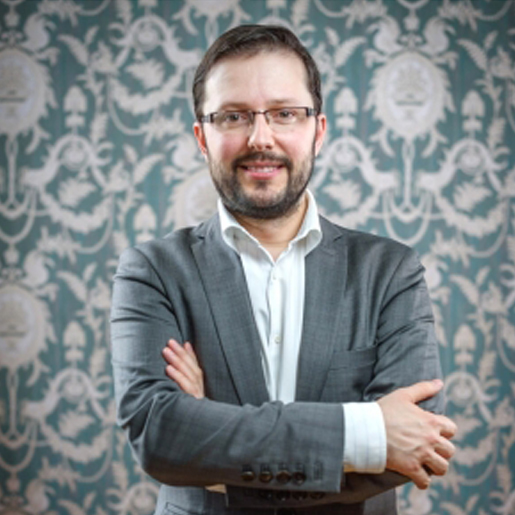
The organ by Michael Engler the Younger of the Basilica of St. Elizabeth of Hungary in Wrocław as an example of the humanisation of technology
17:00 – 18:00
Kaffeepause
Scheune Halle
18:00 – 19:00
Wiener Concert
Scheune Konferenzsaal
19:00 – 23:30
Gala-Abendessen im Schloss Krzyżowa
Kuhstall Speisesaal
7:00 – 9:00
Frühstück
Kuhstall Speisesaal
9:00 – 11:00
Energiewende und Zirkuläre Wirtschaft
Schloss May Hall
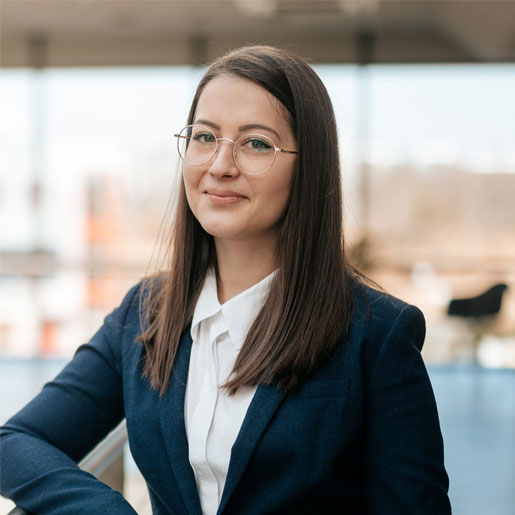
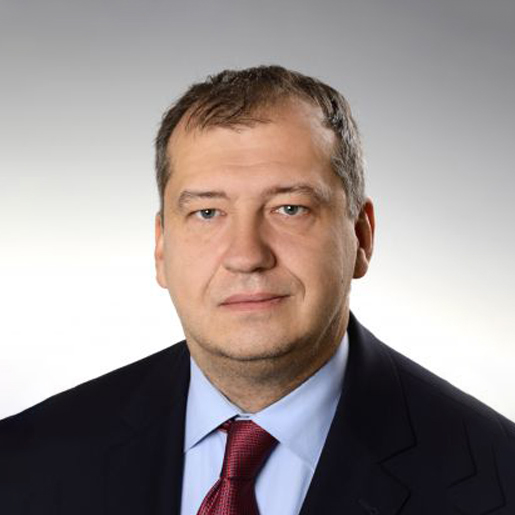
Towards green energy - major scientific and R&D achievements of the University of Wrocław research teams
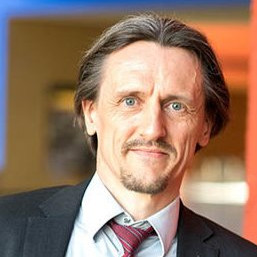
Wasserstoff als Energieträger der Zukunft
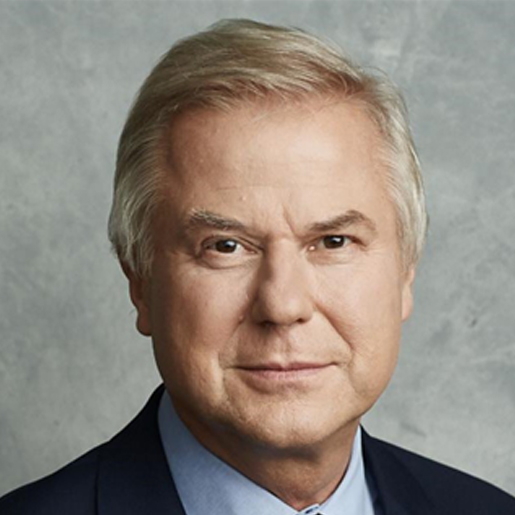
Transformation of the Polish energy sector - opportunities and risks
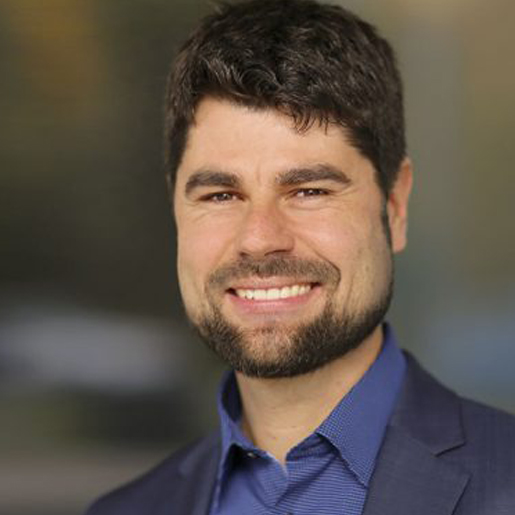
Naturfaser-Verbundwerkstoffe: Dezentrale Energie, Rohstoffe, Ressourcen, Recycling
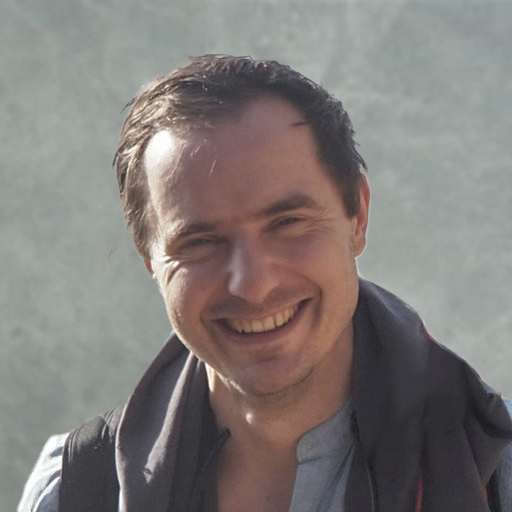
Biogas and biomethane: potential and challenges in the context of the energy transition
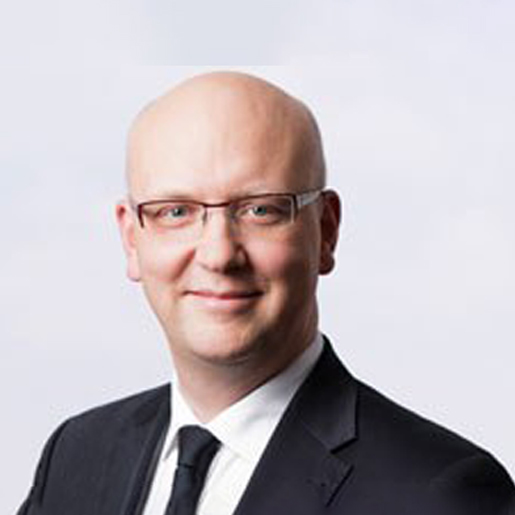
CircEcon: Ein neues Forschungs- und Pilotierungszentrum für die Grüne Kreislaufwirtschaft
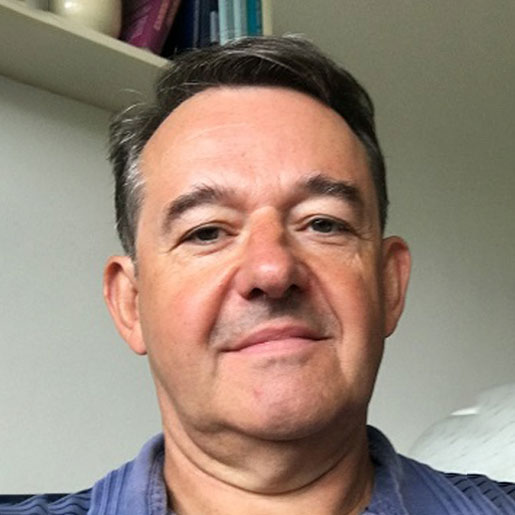
Model of cooperation between science and industry in the Bydgoski Klaster Przemysłowy Dolina Narzędziowa
Mikro und Nanoelektronik
Schloss Raum 208
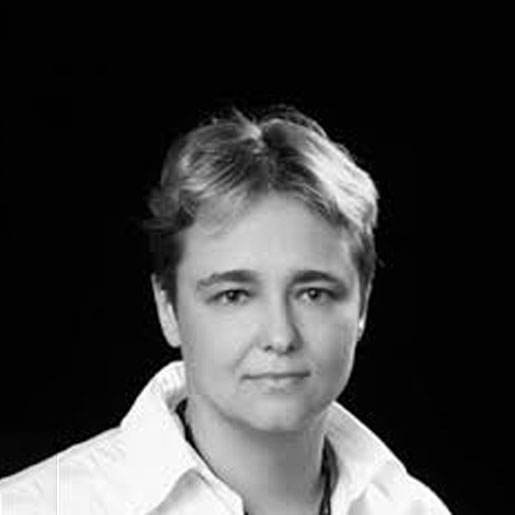
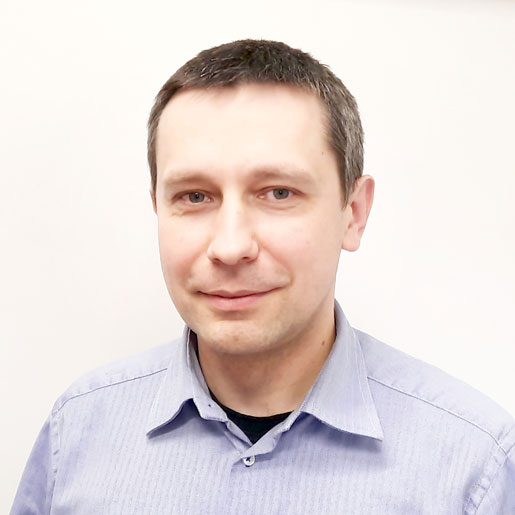
Miniature laser resonators as gas sensors with ppb-level sensitivity

Smart Systems – Von der Komponente zur Anwendung
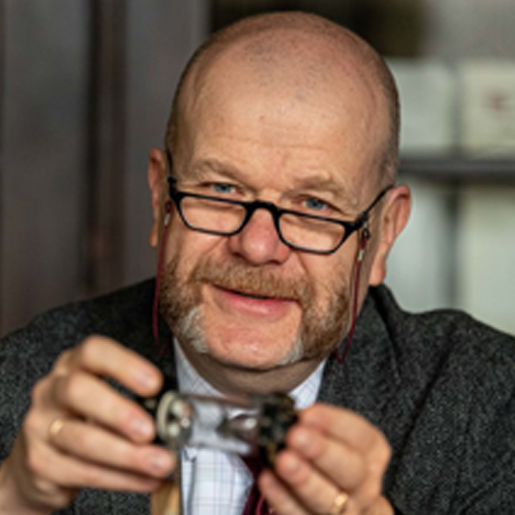
Nanometrology for nanoelectronics
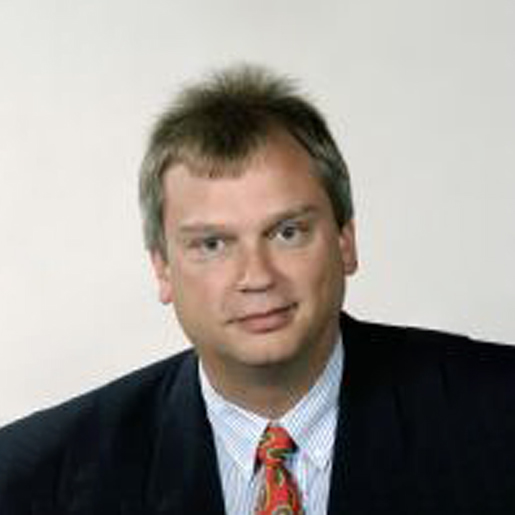
Monolithische Integration von Feldeffekttransistoren als elektromechanische Wandler für mechanischen Stress
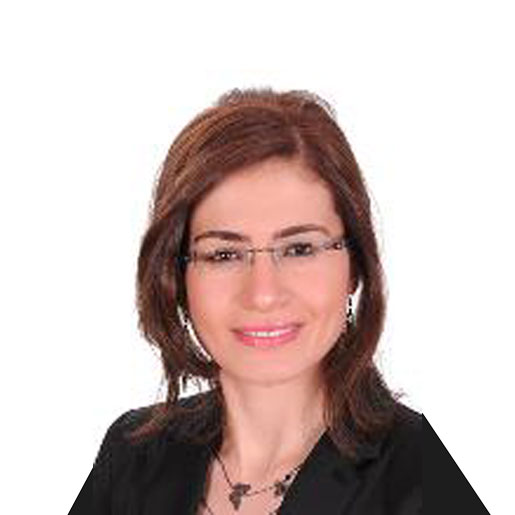
Monolithische Integration von Feldeffekttransistoren als elektromechanische Wandler für mechanischen Stress
Gesundheitswesen und Lebensmittel
Schloss Ballsaal
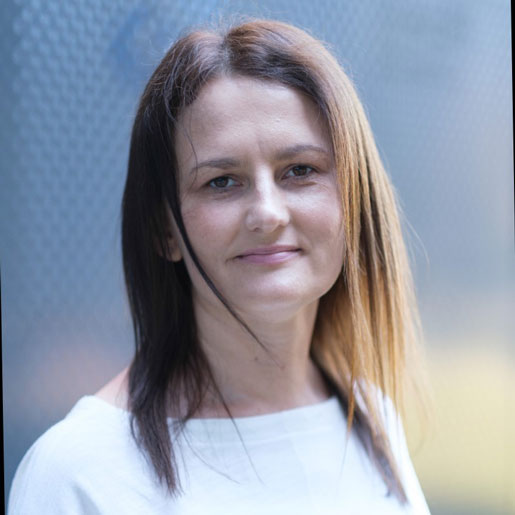
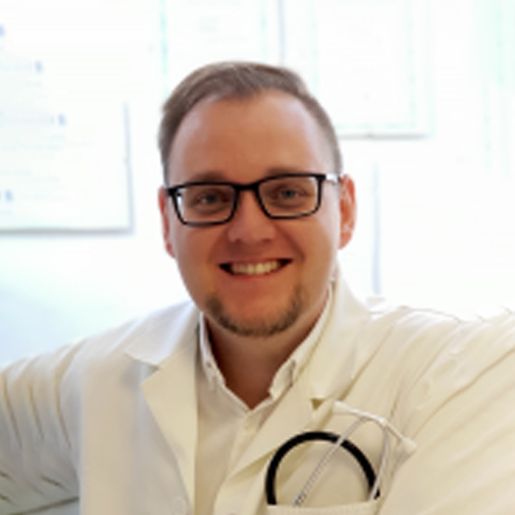
Scientific and implementation perspectives of modern dietetics and food technology
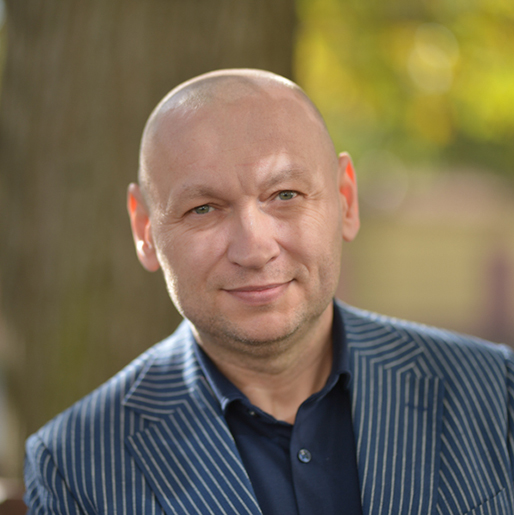
Food security for older adults in Poland: guidelines for public health
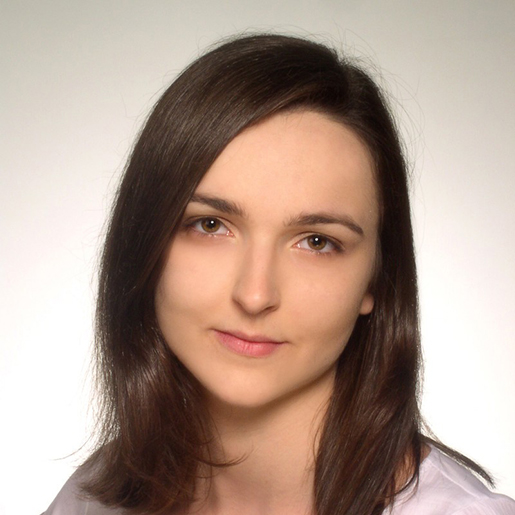
Cornelian cherry as a valuable raw material for food processing and a source of bioactive compounds with a pro-health effect
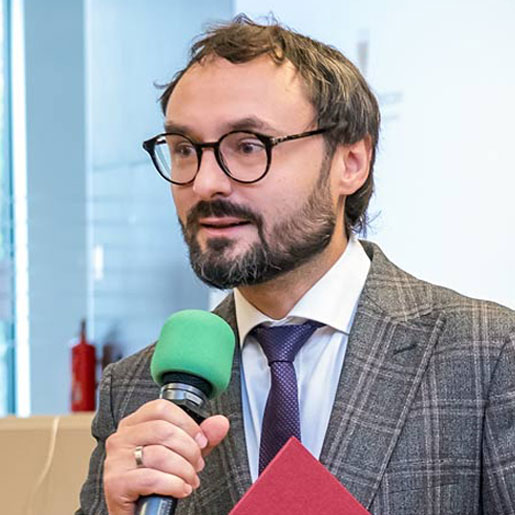
Clean meat as an innovation in nutrition during space flight - Project acronim - SpaceMeat
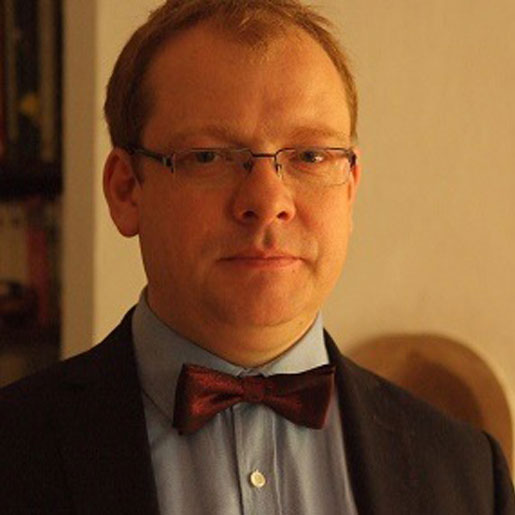
Old and new pathways of pharmacy - the pharmaceutical sciences in the changing world
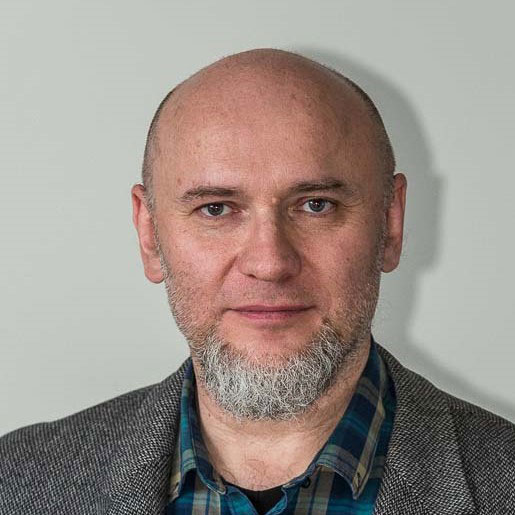
Ribosomal toxicity and synergies with natural products from neglected weeds - new biotechnology-based opportunities for targeted therapies
Öffentlichen Sicherheit
Scheune Konferenzsaal
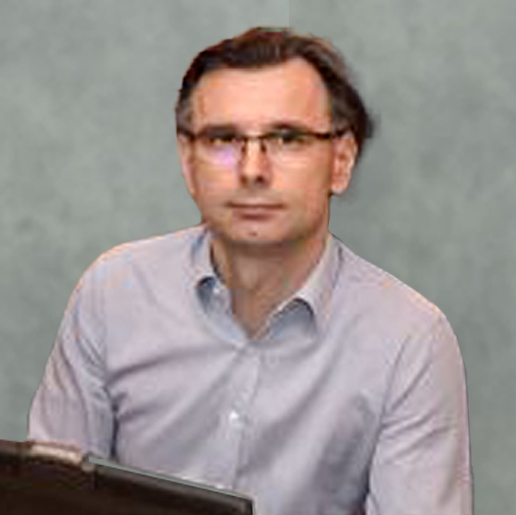
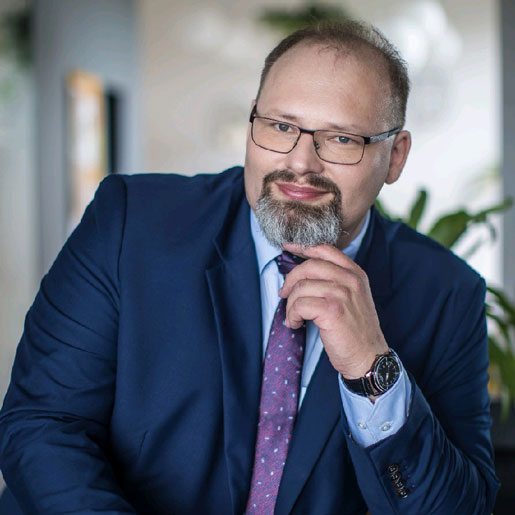
Application of distributed cyber security and business continuity support in the search for anomalies in public space usage scenarios

Challenges for technical and infrastructural security - Macrocluster Technologies in Public Security
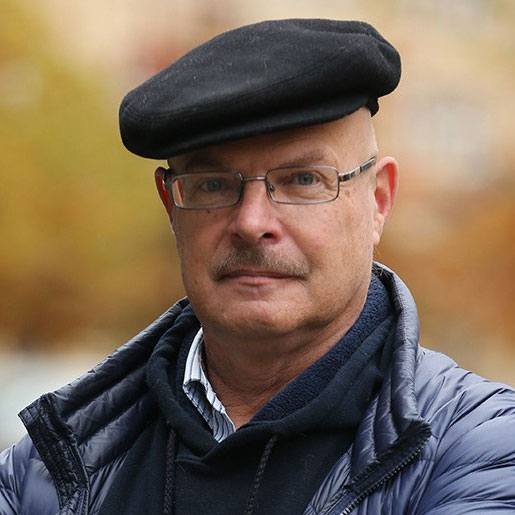
Structural risk factors in epidemic dynamics of COVID-19 - a European comparison

What steps should be taken to ensure public safety when preventing employee data leaks
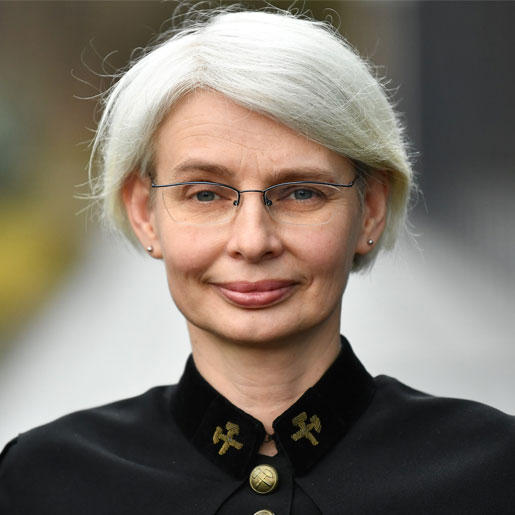
Lithium from geothermal brines as a potential source for securing a sustainable supply chain for Europe
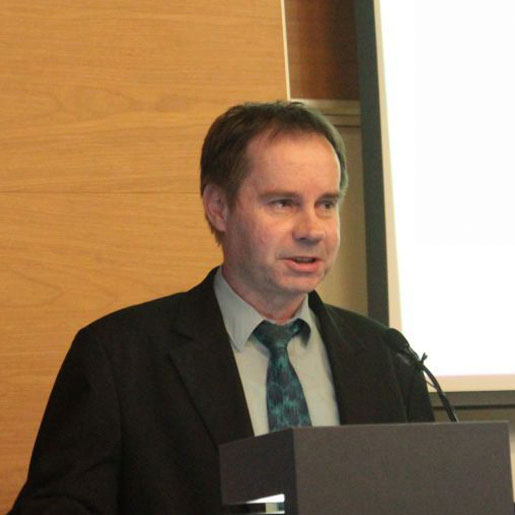
Distributed energy: technologies for waste heat and low-water facilities
11:00 – 12:00
Kaffeepause
Schloss Halle
12:00 – 14:00
Energiewende und Zirkuläre Wirtschaft
Schloss May Hall

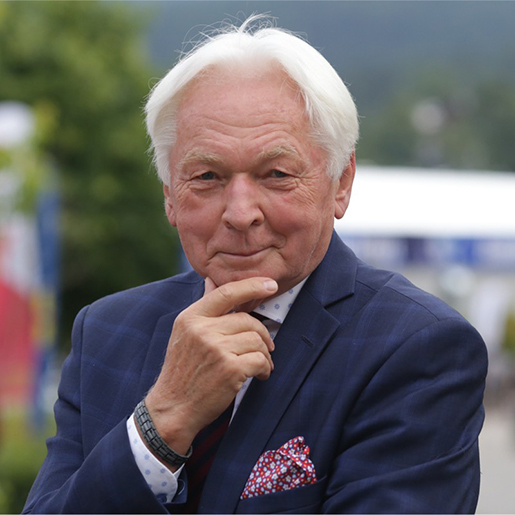
Electro-intensity of vehicle traffic
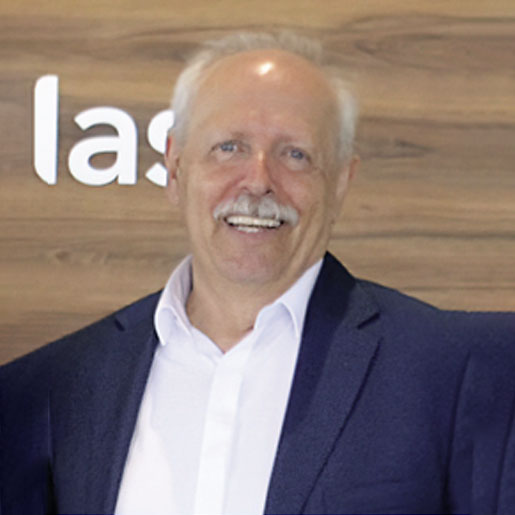
Green hydrogen opportunities and challenges
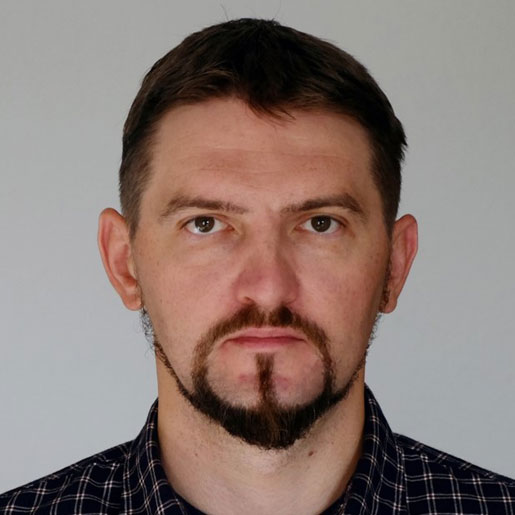
Leichtbau-Crashstrukturen für die Mobilitätswende und Kreislaufwirtschaft
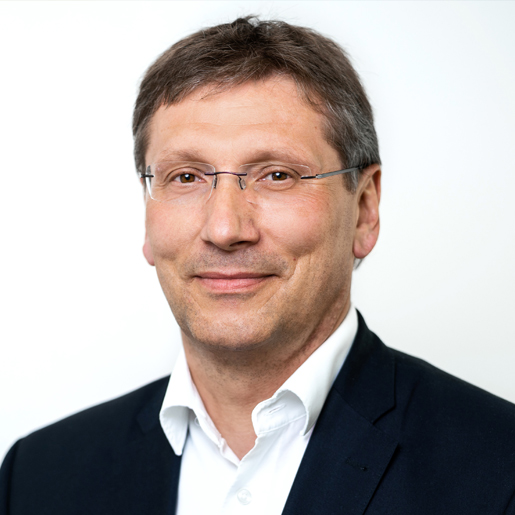
Stand und Perspektiven der Energiewende
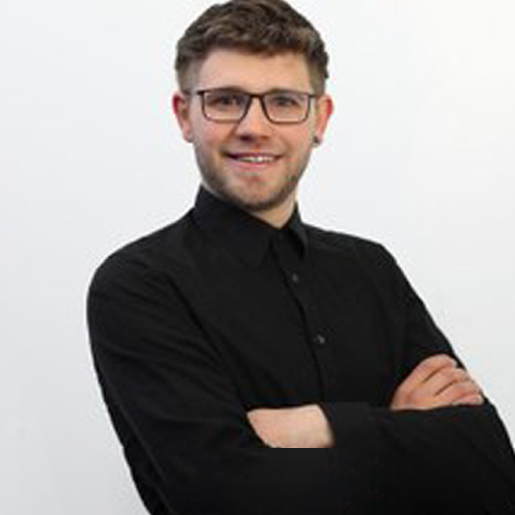
Stand und Perspektiven der Energiewende
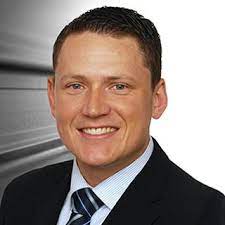
Leichtbau als Schlüsseltechnologie für eine nachhaltige Luftfahrt
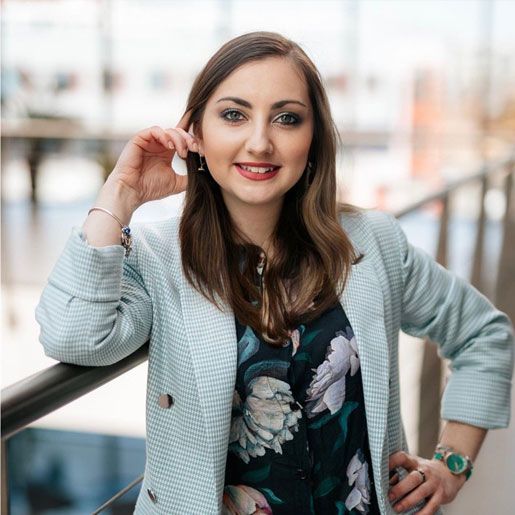
Extremophiles: Innovative biotechnological applications in space exploration and earth’s problems
Mikro und Nanoelektronik
Schloss Raum 208

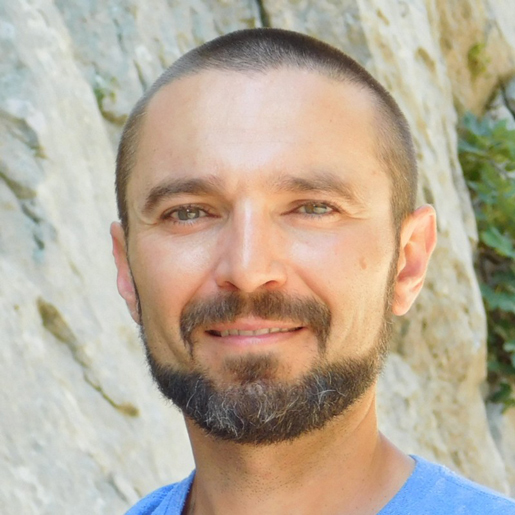
Miniaturization - a key aspect in space research
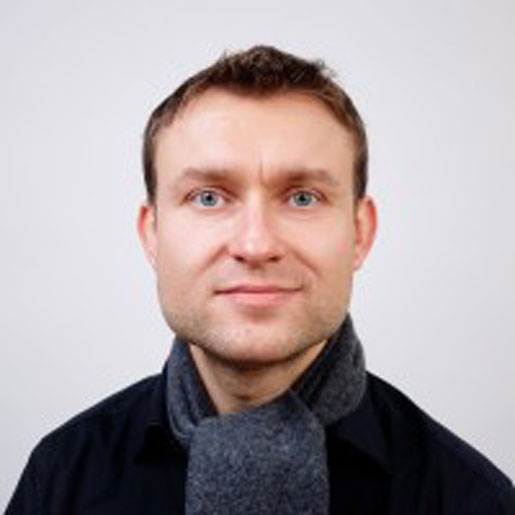
Direktprozess zur Integration eines Sensors in rotationsförmige Faser-Kunststoff-Verbunde
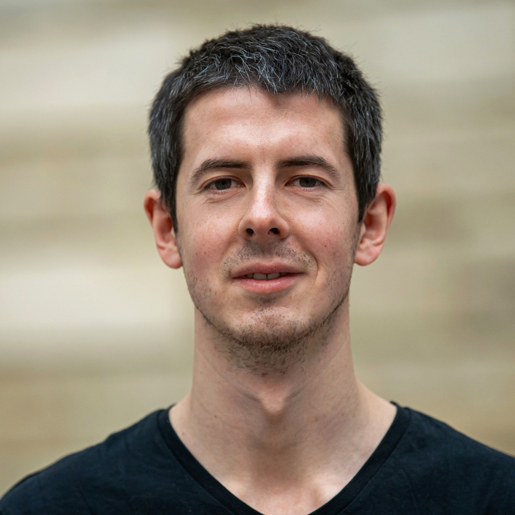
Towards custom light - fundamentals of the laser beam shaping
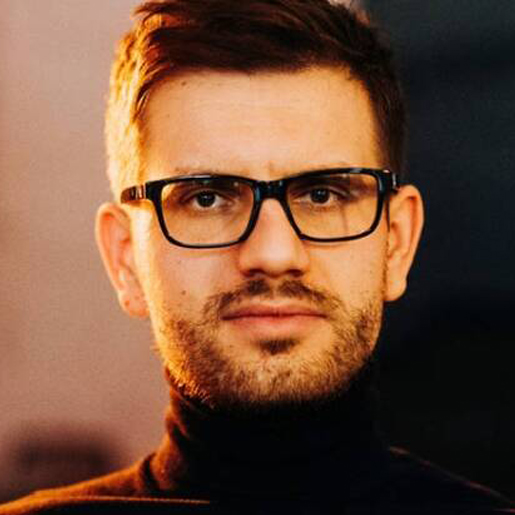
Advances and Promises of Perovskite Semiconductors for Opto-electronics
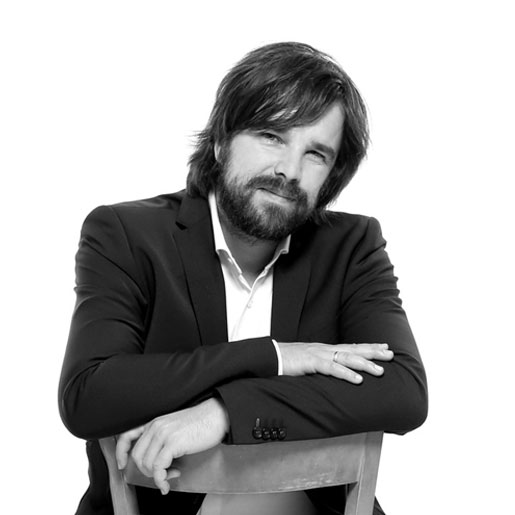
Polish Lunar Mission: ore prospecting from a microsatellite
Gesundheitswesen und Lebensmittel
Schloss Ballsaal

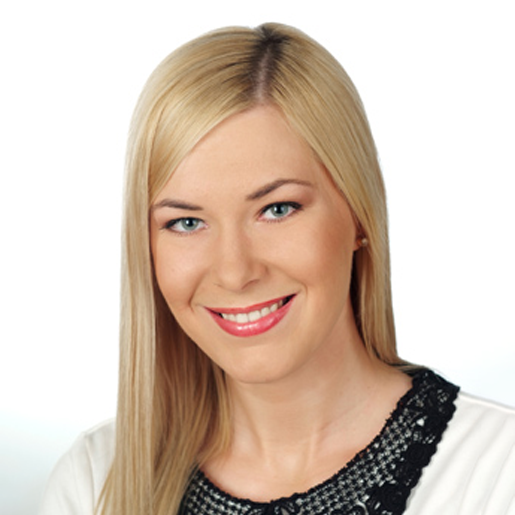
Luminophores. Chemistry and physics in the service of health
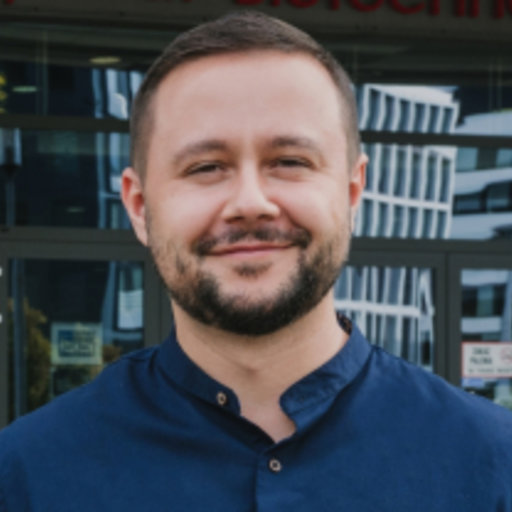
Multivalent cytotoxic protein conjugates - a new strategy for increasing the precision and effectiveness of targeted anticancer therapies
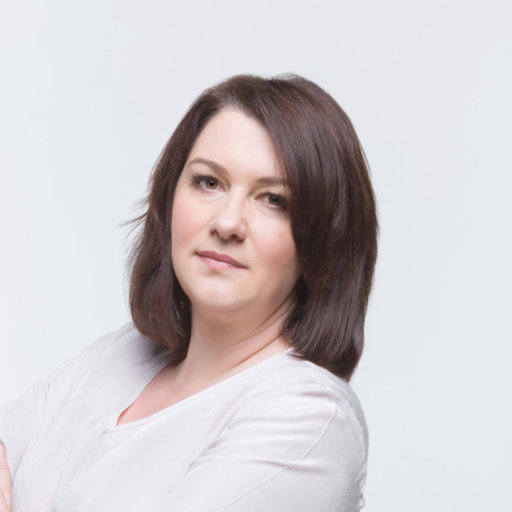
Determining the origin of bee honey as an effective way to care for the originality of the product
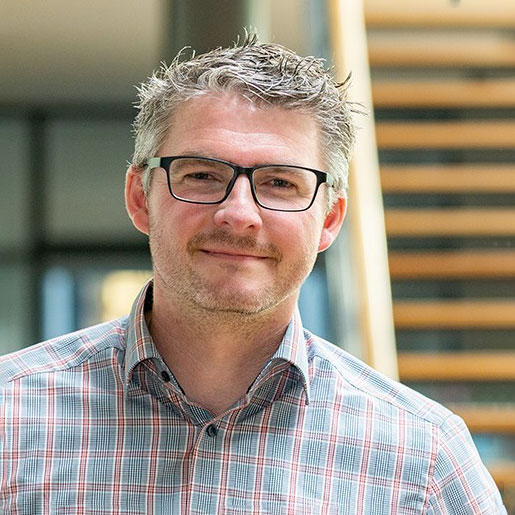
Mikrofertigungstechnologien für medizinische Anwendungen und Point-of-Care-Diagnostik, unterstützt von der Allianz WIR! DIANA
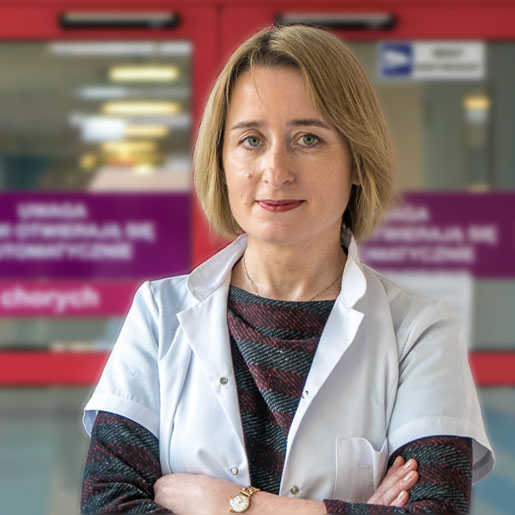
Syndemic of obesity, malnutrition and climate change syndrome and the most common liver disease in the world
Öffentlichen Sicherheit
Scheune Konferenzsaal

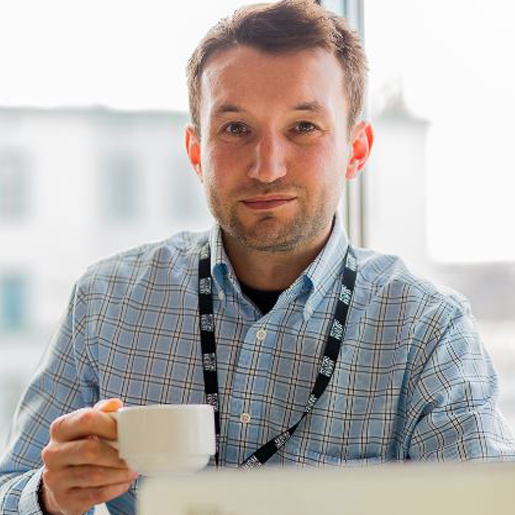
How do data leaks occur? Europe on the target of hackers and the era of artificial intelligence
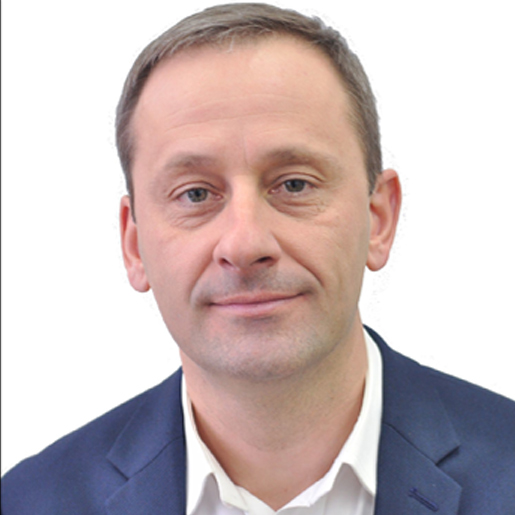
Oder - current situation from a Polish perspective
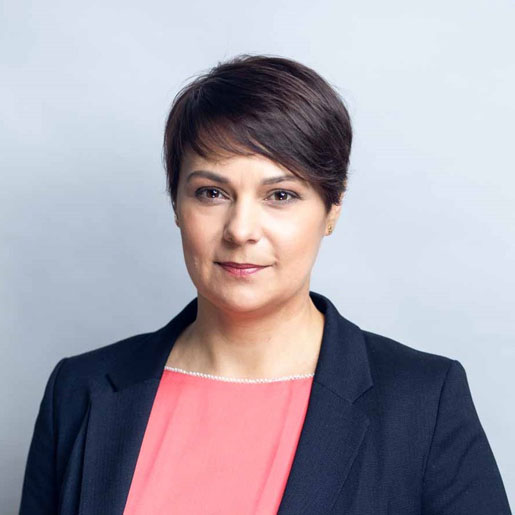
Technologies and activities to support the enhancement of cyber security of public entities
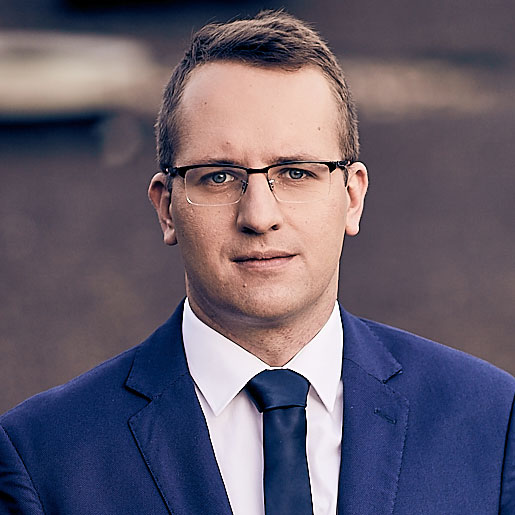
How to ensure security of water supply in a VUCA world
14:00 – 15:00
Mittagessen
Kuhstall Speisesaal
15:30
Transfer (Busse)
Parkplatz
16:00 – 18:00
Friedenskirche in Świdnica Besichtigung und Großes Orgelkonzert
Friedenskirche in Świdnica
18:30 – 23:30
Gala-Abendessen im Schloss Krzyżowa und Feuertheatershow im Palasthof
Kuhstall Speisesaal
8:00 – 10:00
Frühstück
Kuhstall Speisesaal
10:00 – 11:00
Führungen durch Schloss Krzyżowa
Palace Ballsaal
11:00 – 11:30
Kaffeepause
Schloss Halle
11:30 – 12:30
Netzwerk der Fraunhofer-Institute und des Lukasiewicz Instituts vorgestellt
Scheune Sporthalle
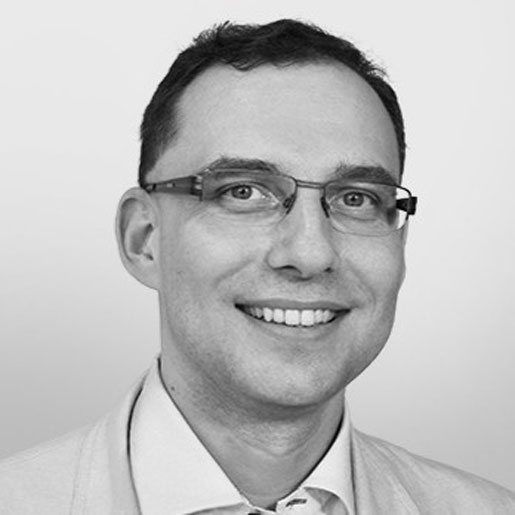
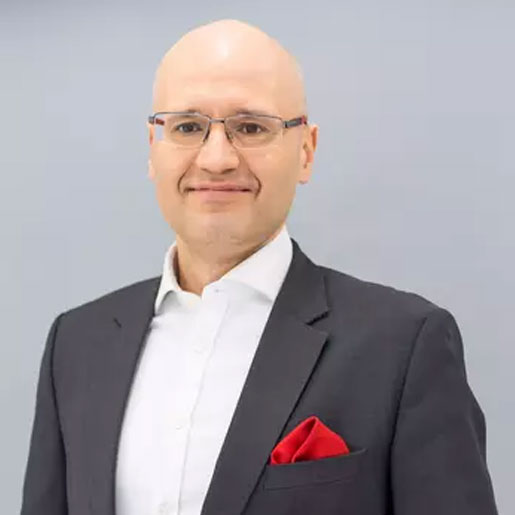
Łukasiewicz Research Network - Science for Business

Fraunhofer IWU als Innovationsmotor für Neuerungen im Umfeld der produktionstechnischen Forschung und Entwicklung
12:30 – 13:00
Kaffeepause
Schloss Halle
13:00 – 14:00
Laufende gemeinsame Projekte von Wissenschaftlern aus Polen und Deutschland vorzustellen und neue Projekte zu ermöglichen
Scheune Sporthalle

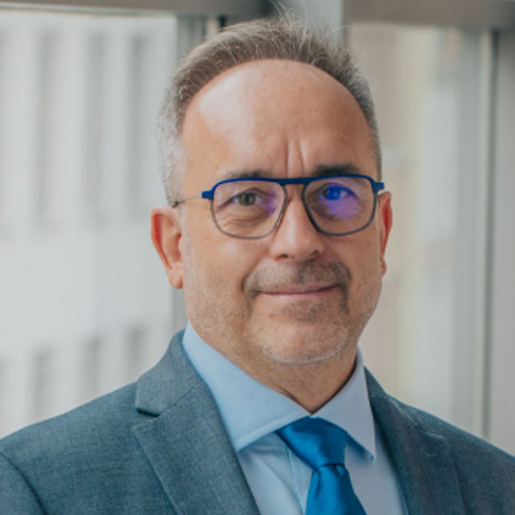
Cooperation between the University of Wrocław and HZDR
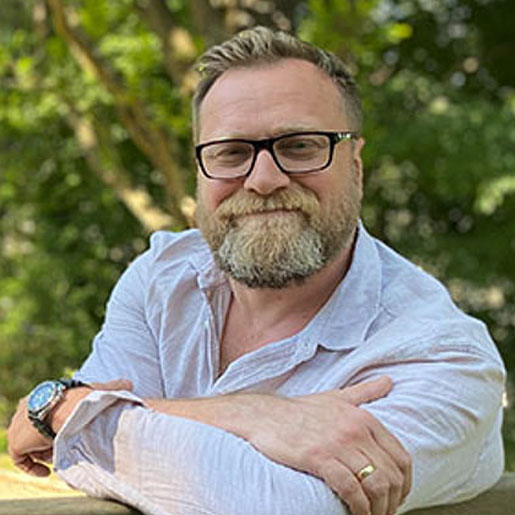
Interdisziplinäre Grenzüberschreitung: Theologie und Realitätsgestaltung
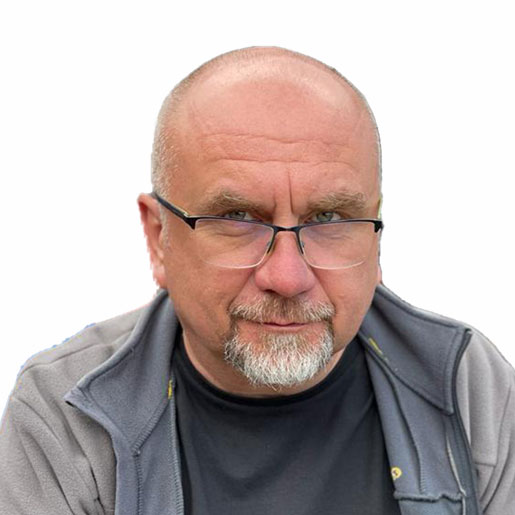
Project "1000 years of Upper Lusatia - people, towns and cities" - researching the past with a view to the future
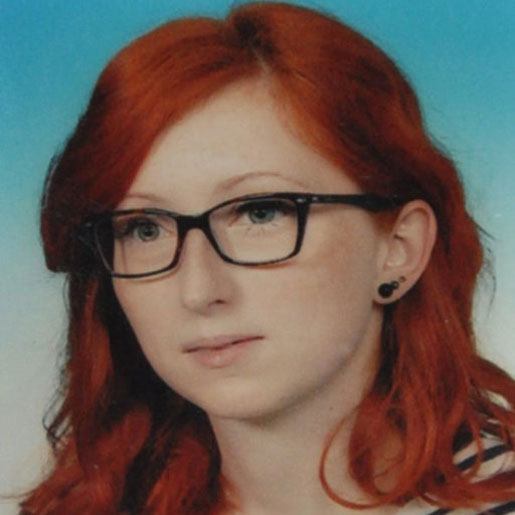
Cooperation between Łukasiewicz - "ICSO" Blachownia and Frauhofer ICT in the development of biopolymer-based composites for technical applications
14:00 – 15:00
Die Konferenz beenden und die thematischen Blöcke zusammenfassen
Scheune Sporthalle
15:00 – 16:00
Mittagessen
Kuhstall Speisesaal
Die ausstellung Mut und Versöhnung
Schloss Garten
Die Stiftung Kreisau für Europäische Verständigung Ausstellung
Schloss Ausstellung
Fragment Der Berliner Mauer
Palace Schlosshof
VIP-Raum
Speicher Clubraum
PRESS-Raum
Scheune VIP-Raum
Konferenz-Infopunkt
Kuhstall Rezeption
